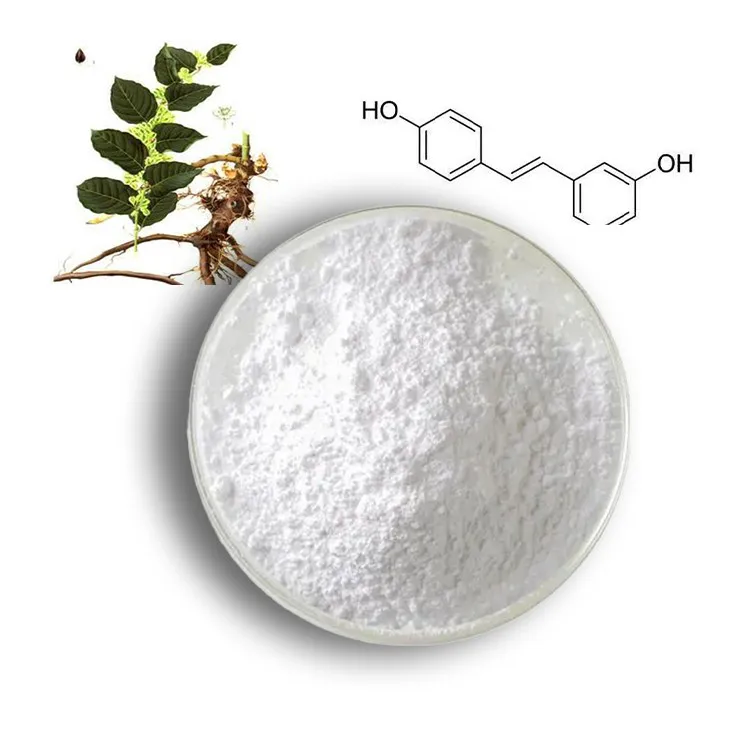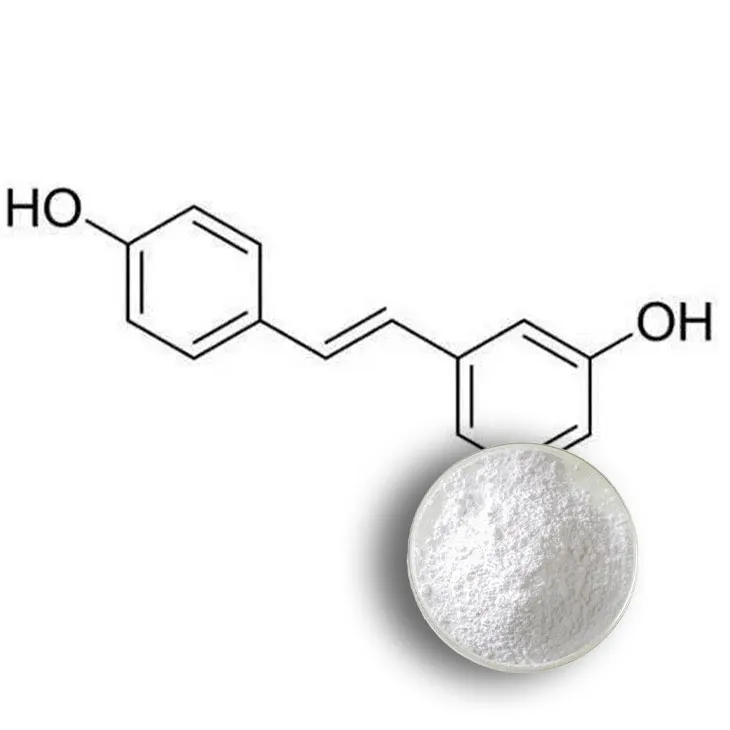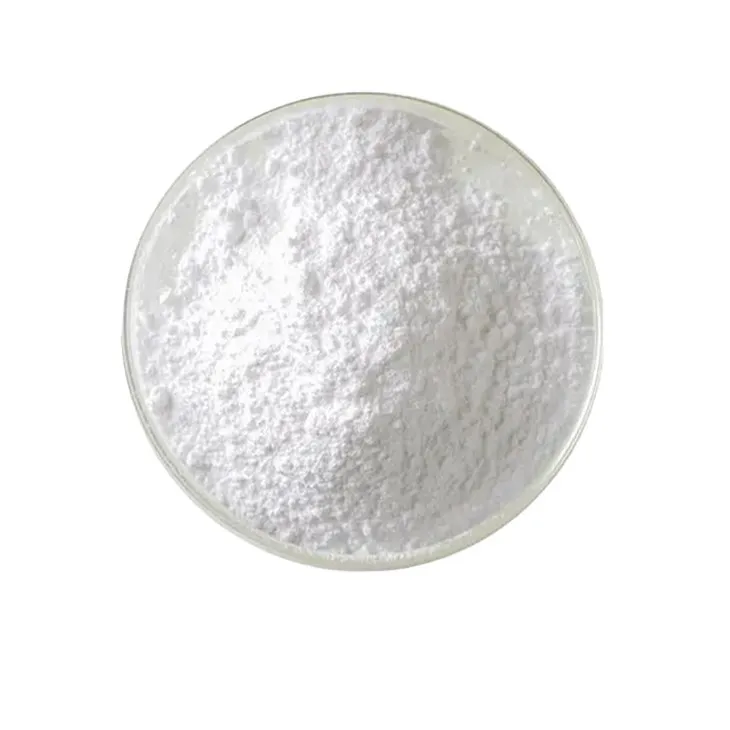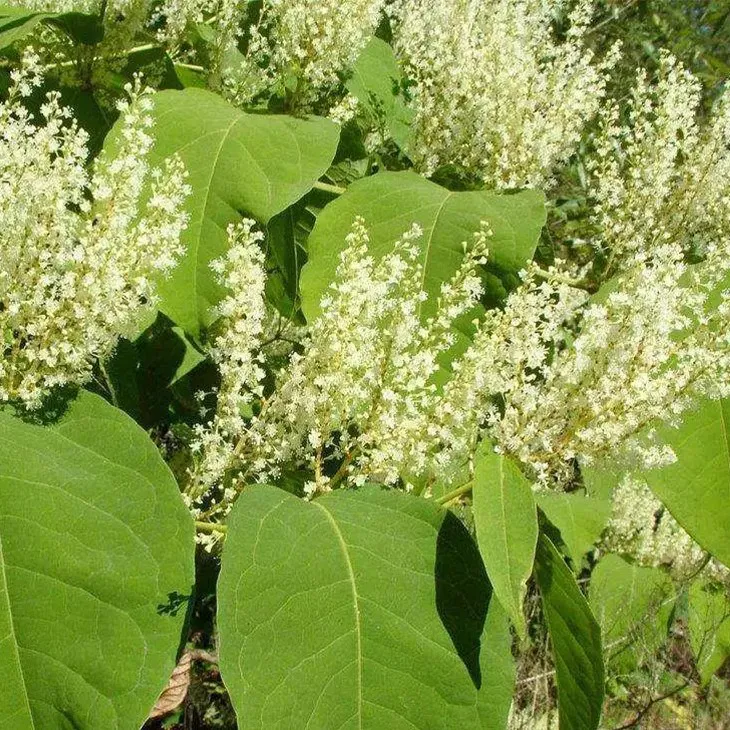- 0086-571-85302990
- sales@greenskybio.com
Resveratrol extract is the heroic ingredient your skin needs without you knowing it.
2024-11-13

Introduction
When it comes to skincare, we are often bombarded with a plethora of ingredients, each claiming to be the next big thing for achieving healthy, glowing skin. However, there is one ingredient that has been quietly working wonders but remains relatively unknown to many: Resveratrol extract. This powerful compound has a host of properties that make it an ultimate ingredient for skin health.

What is Resveratrol?
Resveratrol is a natural polyphenol that can be found in various plants, most notably in grapes, berries, and peanuts. It is a type of phytoalexin, which is a substance produced by plants as a defense mechanism against environmental stressors such as fungal infections and ultraviolet (UV) radiation. In the context of skincare, Resveratrol extract is obtained through a process that isolates and concentrates this beneficial compound.

The Role of Resveratrol in Maintaining Skin Elasticity
Collagen and Elastin Production
One of the key aspects of maintaining skin elasticity is the production of collagen and elastin. Collagen provides the structural framework for the skin, while elastin gives it the ability to stretch and recoil. Resveratrol has been shown to stimulate the production of these important skin proteins. It does so by interacting with the fibroblasts in the dermis, which are the cells responsible for synthesizing collagen and elastin. By promoting the activity of these fibroblasts, resveratrol helps to keep the skin firm and supple.
Matrix Metalloproteinase Inhibition
Another way resveratrol contributes to skin elasticity is by inhibiting matrix metalloproteinases (MMPs). MMPs are enzymes that break down collagen and elastin in the skin. As we age, the activity of MMPs can increase, leading to a loss of skin elasticity. Resveratrol helps to counteract this process by reducing the activity of MMPs, thereby protecting the integrity of collagen and elastin fibers in the skin.

Resveratrol's Anti - Inflammatory Properties
Inflammation can have a significant impact on the health and appearance of the skin. Chronic inflammation can lead to various skin problems such as acne, eczema, and premature aging. Resveratrol has potent anti - inflammatory properties that can help to soothe the skin and reduce redness and irritation.
Modulation of Inflammatory Signaling Pathways
Resveratrol works by modulating several key inflammatory signaling pathways in the skin. It can inhibit the activation of nuclear factor - kappa B (NF - κB), which is a transcription factor that plays a central role in the inflammatory response. By suppressing NF - κB activation, resveratrol reduces the production of pro - inflammatory cytokines such as interleukin - 1 (IL - 1), interleukin - 6 (IL - 6), and tumor necrosis factor - alpha (TNF - α). These cytokines are responsible for promoting inflammation in the skin, so by reducing their levels, resveratrol helps to calm the skin.
Antioxidant - Mediated Anti - Inflammatory Effects
As an antioxidant, resveratrol also has anti - inflammatory effects. Oxidative stress can trigger inflammation in the skin, and resveratrol's antioxidant activity helps to neutralize free radicals and reduce oxidative stress. By doing so, it indirectly reduces inflammation in the skin. For example, free radicals can damage cell membranes and activate inflammatory pathways. Resveratrol's ability to scavenge free radicals helps to prevent this initial damage and subsequent inflammation.

Protection Against Environmental Damage
The skin is constantly exposed to environmental stressors such as UV radiation, pollution, and toxins. These can cause damage to the skin cells, leading to premature aging, pigmentation problems, and an increased risk of skin cancer. Resveratrol offers protection against these environmental threats.
UV Radiation Protection
UV radiation is one of the most harmful environmental factors for the skin. Resveratrol can absorb UV light to some extent, acting as a natural sunscreen. However, its UV - protective effects go beyond simple absorption. Resveratrol also helps to repair the damage caused by UV radiation. It can reduce DNA damage in skin cells, which is a key step in preventing the development of skin cancer. Additionally, it helps to regulate the skin's response to UV exposure, reducing inflammation and oxidative stress associated with sunburn.
Defense Against Pollution and Toxins
Pollution particles and toxins in the environment can penetrate the skin and cause oxidative damage. Resveratrol's antioxidant properties make it effective in neutralizing these harmful substances. It can also enhance the skin's barrier function, preventing pollutants from entering the skin more easily. By strengthening the skin's natural defenses, resveratrol helps to keep the skin healthy in polluted environments.
How to Incorporate Resveratrol into Your Skincare Routine
Now that we understand the many benefits of resveratrol for the skin, the next question is how to incorporate it into our skincare routine.
-
Serums: Look for serums that contain Resveratrol extract. Serums are a great way to deliver a concentrated dose of the ingredient directly to the skin. Apply the serum after cleansing and toning, and before moisturizing.
-
Moisturizers: Some moisturizers also include resveratrol. These can provide both hydration and the benefits of resveratrol in one product. Choose a moisturizer that suits your skin type, whether it's dry, oily, or combination.
-
Masks: There are facial masks available that contain resveratrol. Using a resveratrol - containing mask once or twice a week can give your skin an extra boost of the ingredient's benefits.
Conclusion
In conclusion, resveratrol extract is truly the heroic ingredient that our skin needs without us fully realizing it. Its ability to maintain skin elasticity, reduce inflammation, and protect against environmental damage makes it a valuable addition to any skincare routine. Whether you are looking to prevent signs of aging, soothe irritated skin, or simply keep your skin healthy in a polluted world, resveratrol has the potential to be a game - changer. By incorporating products containing resveratrol into our daily skincare regimens, we can unlock the many benefits of this remarkable ingredient and give our skin the care it deserves.
FAQ:
What is resveratrol extract?
Resveratrol extract is a compound that is often derived from plants like grapes. It has antioxidant properties which are beneficial for various biological functions, including those related to skin health.
How does resveratrol extract maintain skin elasticity?
Resveratrol extract can stimulate the production of collagen in the skin. Collagen is a key protein that provides structure and elasticity to the skin. By promoting collagen synthesis, resveratrol helps keep the skin firm and elastic.
Can resveratrol extract really reduce skin inflammation?
Yes, it can. Resveratrol has anti - inflammatory properties. It can inhibit certain inflammatory pathways in the skin cells. This helps in reducing redness, swelling, and irritation associated with skin inflammation.
How does resveratrol protect the skin from environmental damage?
Resveratrol is an antioxidant. Environmental factors such as UV radiation, pollution, and toxins can generate free radicals in the skin. Resveratrol can neutralize these free radicals, preventing them from causing damage to the skin cells, such as DNA damage and premature aging.
Is resveratrol extract suitable for all skin types?
Generally, resveratrol extract is suitable for most skin types. However, some people with extremely sensitive skin may need to do a patch test first. It is always advisable to consult a dermatologist if you have any concerns, especially if you have pre - existing skin conditions.
Related literature
- The Role of Resveratrol in Skin Health and Aging"
- "Resveratrol: A Potent Ingredient for Skin Protection Against Environmental Stressors"
- "Beneficial Effects of Resveratrol on Skin Elasticity and Inflammation"
- ▶ Hesperidin
- ▶ Citrus Bioflavonoids
- ▶ Plant Extract
- ▶ lycopene
- ▶ Diosmin
- ▶ Grape seed extract
- ▶ Sea buckthorn Juice Powder
- ▶ Fruit Juice Powder
- ▶ Hops Extract
- ▶ Artichoke Extract
- ▶ Mushroom extract
- ▶ Astaxanthin
- ▶ Green Tea Extract
- ▶ Curcumin
- ▶ Horse Chestnut Extract
- ▶ Other Product
- ▶ Boswellia Serrata Extract
- ▶ Resveratrol
- ▶ Marigold Extract
- ▶ Grape Leaf Extract
- ▶ New Product
- ▶ Aminolevulinic acid
- ▶ Cranberry Extract
- ▶ Red Yeast Rice
- ▶ Red Wine Extract
-
Buckthorn bark extract
2024-11-13
-
Lemon Balm Extract
2024-11-13
-
Artichoke Extract
2024-11-13
-
White Willow Bark Extract
2024-11-13
-
Peppermint Oil
2024-11-13
-
Longan Extract
2024-11-13
-
Hedyotis Diffusa Extract
2024-11-13
-
Uridine-5'-monophosphate Disodium salt
2024-11-13
-
Citrus bioflavonoids
2024-11-13
-
Tongkat Ali Extract Powder
2024-11-13





















